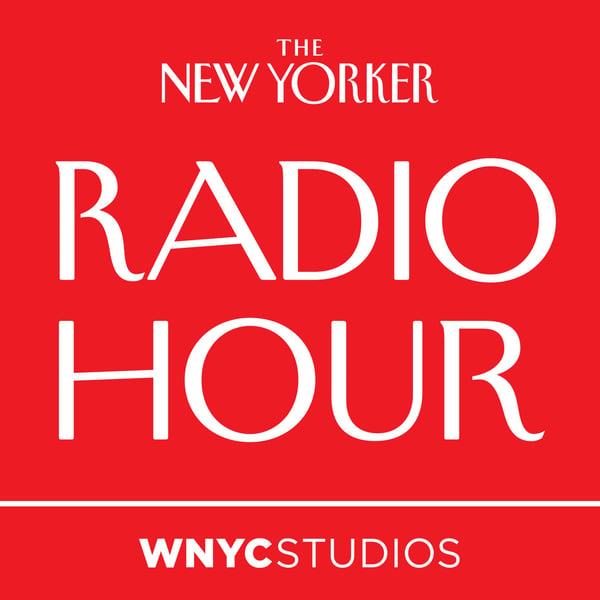A Lakota Playwright’s Take on Thanksgiving; Plus, Ayelet Waldman on Quilting to Stay Sane
The New Yorker Radio Hour
WNYC Studios and The New Yorker
4.2 • 5.5K Ratings
🗓️ 29 November 2024
⏱️ 25 minutes
🧾️ Download transcript
Summary
Transcript
Click on a timestamp to play from that location
| 0:00.0 | Listener supported, WNYC Studios. |
| 0:11.2 | This is the New Yorker Radio Hour, a co-production of WNYC Studios and the New Yorker. |
| 0:19.4 | Welcome to The New Yorker Radio Hour. I'm David Remnick. |
| 0:24.2 | The Thanksgiving play is a play about the making of a play. It's also a very timely comedy |
| 0:30.0 | about an awkward subject. The gap between the old story of the Thanksgiving holiday, |
| 0:35.3 | the story we'd like to tell and grew up on, |
| 0:42.3 | and what actually might have happened. If you think you might enjoy seeing well-meaning liberals running a foul of their own good intentions, this is the play for you. When the Thanksgiving |
| 0:48.6 | play premiered on Broadway last year, our critic, Vincent Cunningham, spoke with the playwright Larissa Fast Horse. |
| 0:55.9 | She's the only Native American woman to have a play produced on Broadway. |
| 1:02.9 | I grew up in South Dakota, where my Lakota people are from. |
| 1:08.4 | But I was adopted at a young age, an open adoption to a white family who had worked on the reservation for a long time, the reservation I'm from. I was always raised very aware of my Lakota identity and my Lakota culture. And they brought a lot of mentors into my life and elders to help me stay connected in that way. But at the same time, I was growing up in a very white culture. |
| 1:29.7 | And my first career was in classical ballet, |
| 1:32.5 | so it doesn't really get much whiter than that. |
| 1:36.0 | I don't know, maybe opera, I'm not sure. |
| 1:37.4 | There's a list, but ballet is on the top of the top of it. |
| 1:39.9 | They're way up there, yeah, they're There was in the, like, top five. So, you know, at the time when I was younger, it was very painful, right? |
| 1:48.3 | To be separated from a lot of things I felt like I couldn't partake in because I wasn't raised on the reservation or I'd been away from my Lakota family so long. |
| 1:57.0 | And that was very hard, but now, you know, I really recognize it as my superpower that I can take Lakota culture and experiences and contemporaneous experiences and translate them into white for white audiences, which unfortunately are the majority of audiences still in American theater. |
| 2:13.8 | Yeah. I do want to go back to this thing about ballet because it does seem like this really |
| 2:20.8 | important part of your life that you're a professional ballet dancer. And how much did your |
| 2:28.0 | training as a dancer, how much does that sort of stay with you? Is that a part of your |
| 2:32.2 | approach as a writer? Does it? Do you think about that often |
... |
Transcript will be available on the free plan in -121 days. Upgrade to see the full transcript now.
Disclaimer: The podcast and artwork embedded on this page are from WNYC Studios and The New Yorker, and are the property of its owner and not affiliated with or endorsed by Tapesearch.
Generated transcripts are the property of WNYC Studios and The New Yorker and are distributed freely under the Fair Use doctrine. Transcripts generated by Tapesearch are not guaranteed to be accurate.
Copyright © Tapesearch 2025.

